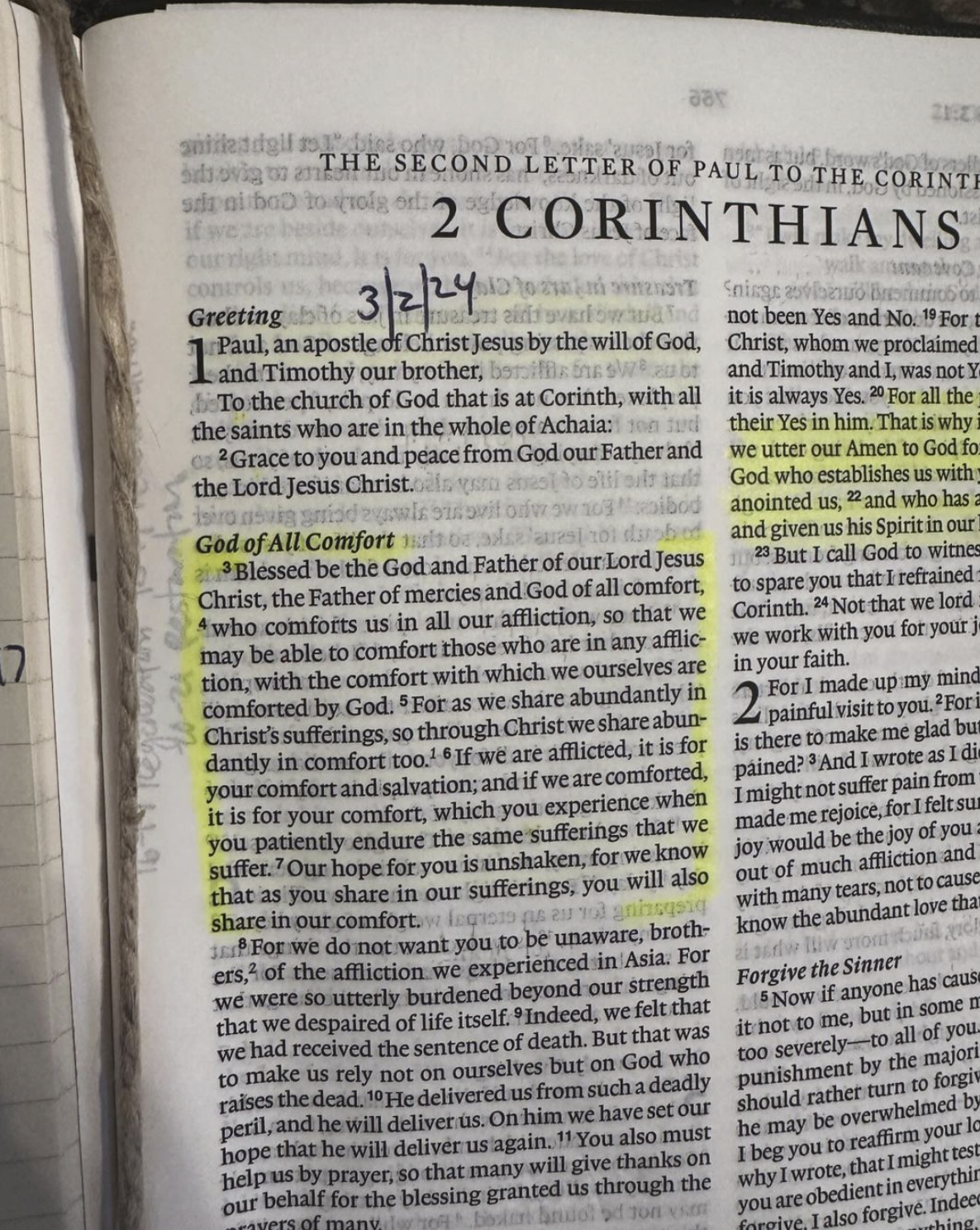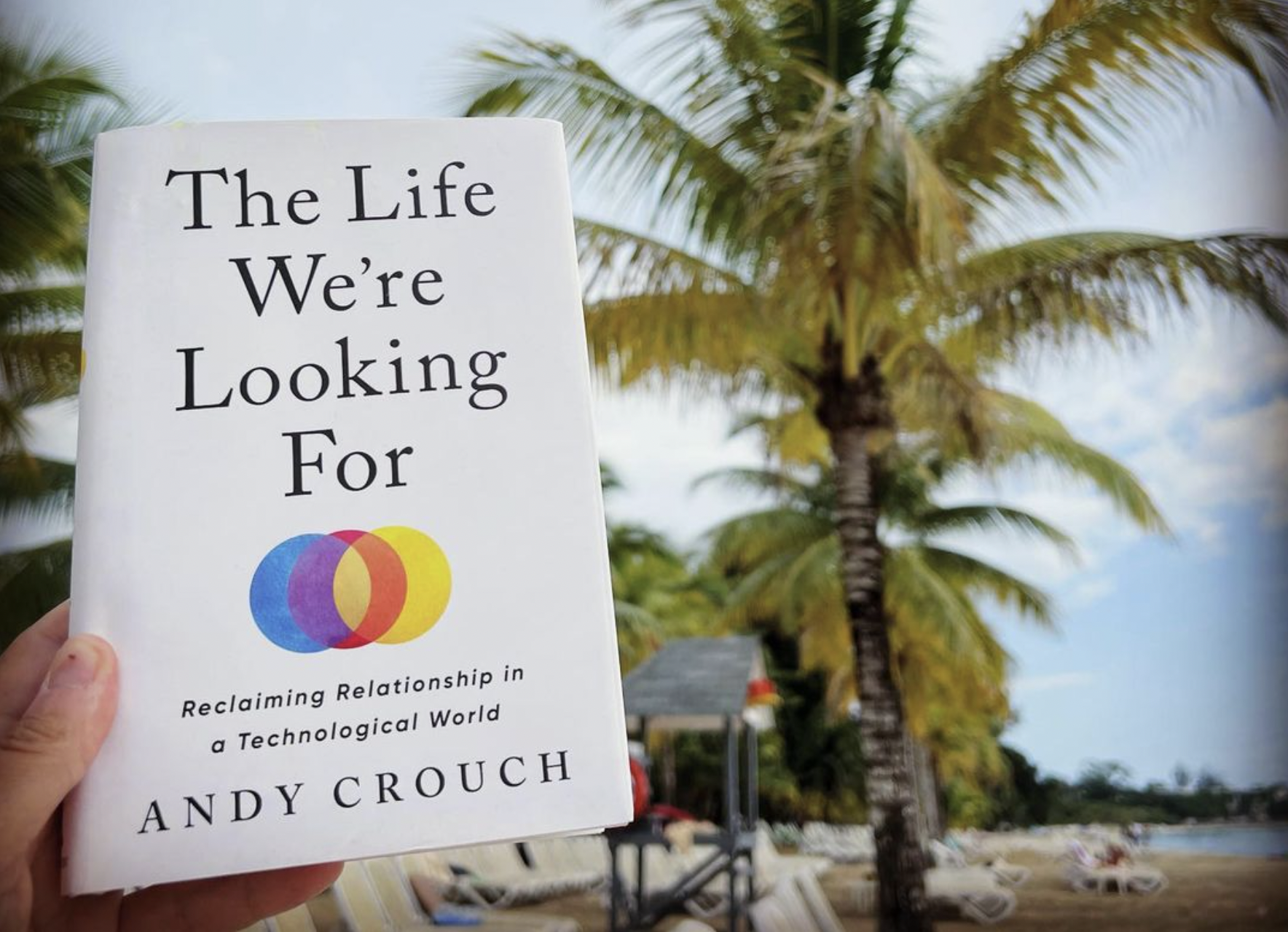
This is just the second time I’ve read something by Justin Whitmel Earley and I am hooked! Last summer I read Habits of the Household and really enjoyed what he had to say about rhythms for marriage, parenting, friends, etc. The Common Rule: Habits of Purpose for an Age of Distraction was another great read! The premise of the book is being intentional about creating systems that allow us to draw close to the Lord in a deep and abiding relationship that will overflow into the way that we love and care about others in our life. Excellent read…great gospel message and very practice.
I highlighted several things while reading and have posted those notes below…
- We are all living according to a specific regimen of habits, and those habits shape most of our life. p. 7
- The rule of life is intended to pattern communal life in the direction of purpose and love instead of chaos and decay. p. 14
- Habits are how we stand up and get our hands on time. And because time is the currency of our purpose, habits are how we get our hands on our purpose. p. 15
- How we order our space affects how we order our relationships. p. 55
- Attention is our precious commodity. Our life is defined by what we pay attention to. p. 67
- “All of man’s problems stem from his inability to sit quietly in a room alone.” – Blaise Pascal p. 72
- The moments of waking are powerful moments of formation. p. 80
- Each morning presents us with these questions. Who am I? And who am I becoming? Each morning, the Scriptures answer the same, as God says, “You are my child, and you are becoming like me.” That is something to stand the day on. p. 91
- The question “Is there anything you aren’t telling me?” gets at the heart of friendship, because friendship is being known by someone else and loved anyway. p. 96
- Vulnerability and time turn people who have a relationship into people who have a friendship. That’s what friendship is: vulnerability across time. The practice of conversation is the basis of friendship because it’s in conversation that we become exposed to each other. p. 98
- Friendships light up the darkness. For that reason, I thin of friendships as little fires we tend. They light up the truth of the gospel, they invite people into the warmth, and they become the fires around which many can gather. p. 108
- Limits are where freedom is found. p. 117
- Fasting is to let your desires hang out in the open, where you can observe them. p. 131
- If the question is “How does a human being offer a whole life to God? How do we live coherently?” the answer is formation, a word that connotes process. p. 163


